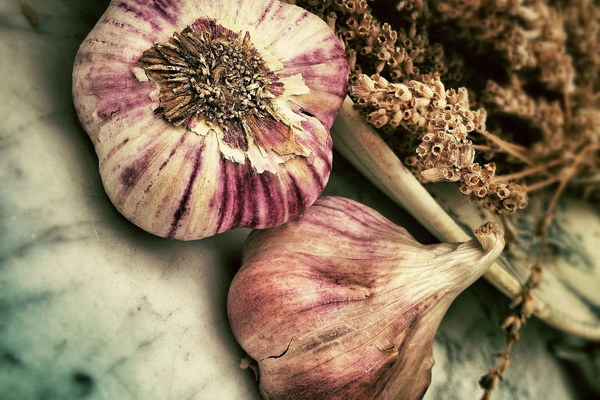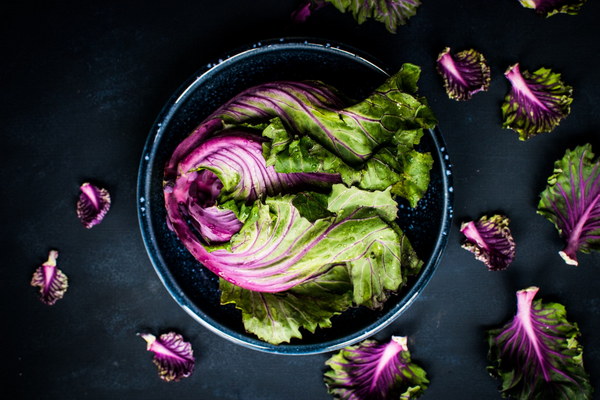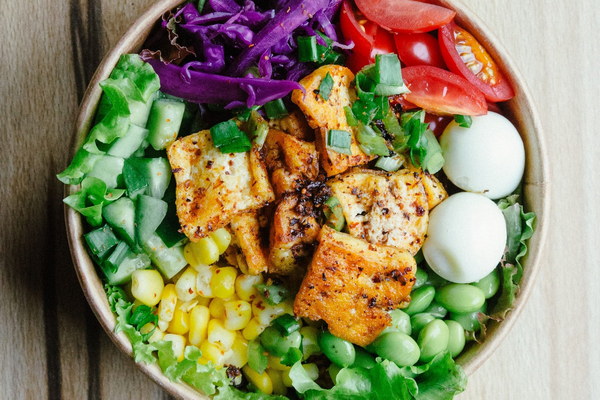Breastfeeding for Babys Lungs Foods to Enhance Respiratory Health
Breastfeeding is a natural and essential part of parenting, providing numerous health benefits for infants. One of the key advantages of breastfeeding is its ability to support respiratory health in babies. A mother's milk is not only a source of nutrition but also contains essential nutrients and antibodies that can help maintain the baby's lungs healthy and prevent the occurrence of respiratory conditions. This article will discuss the best foods that can be incorporated into a mother's diet to enhance her breastmilk's ability to nourish and soothe her baby's lungs, thus promoting better respiratory health.
1. Green Leafy Vegetables
Green leafy vegetables, such as spinach, kale, and collard greens, are rich in vitamins A, C, and K, as well as iron and calcium. These nutrients are crucial for the development of the baby's respiratory system. By including these vegetables in her diet, a mother can ensure that her breastmilk contains a sufficient amount of these essential nutrients, which will help her baby's lungs to grow and function properly.

2. Garlic
Garlic is known for its immune-boosting properties and its ability to fight infections. When a mother consumes garlic, it is passed on to her baby through breastmilk, helping to strengthen the baby's immune system and reduce the risk of respiratory infections. Garlic also has expectorant properties, which can help to break up mucus and soothe the baby's airways.
3. Ginger
Ginger is another powerful herb that can be beneficial for a baby's respiratory health. It has anti-inflammatory properties that can help reduce swelling in the respiratory tract, making it easier for the baby to breathe. Ginger can also help to reduce mucus production, making it an excellent addition to a mother's diet to improve her baby's respiratory health.
4. Turmeric
Turmeric is a spice with anti-inflammatory and antioxidant properties that can help to reduce inflammation in the baby's airways. By incorporating turmeric into her diet, a mother can ensure that her breastmilk contains these beneficial compounds, which may help to prevent respiratory conditions and improve overall lung health.
5. Honey
Honey is a natural sweetener that has antibacterial and anti-inflammatory properties. When consumed in moderation, honey can help to soothe the baby's throat and reduce irritation, making it easier for them to breathe. However, it is important to note that honey should not be given to infants under one year of age due to the risk of botulism. Nevertheless, a mother can consume honey as part of her diet, and its benefits may be passed on to her baby through breastmilk.
6. Omega-3 Fatty Acids
Omega-3 fatty acids, found in fatty fish such as salmon, mackerel, and sardines, are essential for the development of the baby's brain and nervous system. These fatty acids also play a role in maintaining lung health by reducing inflammation and promoting the growth of alveoli – the tiny air sacs in the lungs responsible for oxygen exchange. Including omega-3 fatty acids in a mother's diet can enhance her breastmilk's ability to support her baby's respiratory health.
In conclusion, breastfeeding is an excellent way to ensure that a baby receives the necessary nutrients for optimal respiratory health. By incorporating foods such as green leafy vegetables, garlic, ginger, turmeric, honey, and omega-3 fatty acids into her diet, a mother can provide her baby with a rich source of nutrients that will help maintain healthy lungs and prevent respiratory issues. Remember, a well-nourished baby is more likely to grow up with a strong and resilient immune system, which is crucial for overall health and well-being.









